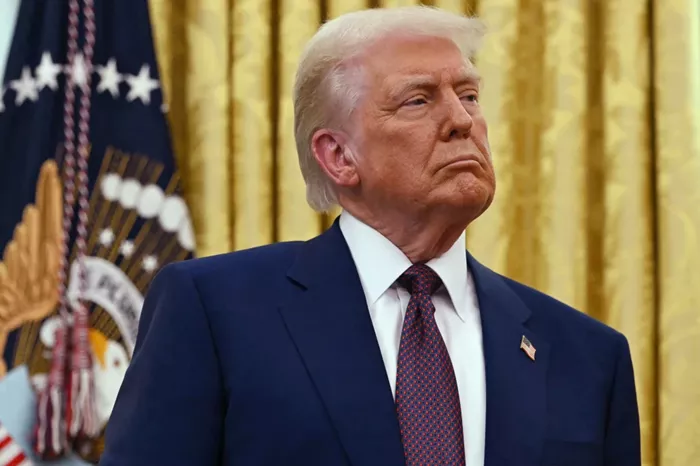In a decisive move reshaping U.S. nuclear policy, President Donald Trump has removed Christopher Hanson from his position as chairman of the Nuclear Regulatory Commission (NRC), creating a key vacancy for a successor with a more lenient regulatory approach.
The NRC, charged with overseeing America’s 94 commercial nuclear reactors and the licensing of emerging technologies such as small modular reactors (SMRs), is central to U.S. energy security and the nation’s transition to cleaner energy sources.
Trump’s decision paves the way for new leadership that could streamline licensing procedures, reduce regulatory hurdles, and expedite the deployment of next-generation nuclear technologies aligned with his administration’s “energy dominance” agenda.
Opponents of Hanson criticized his leadership as overly cautious and risk-averse, potentially hindering private investment and slowing innovation in the nuclear sector. By contrast, Trump’s appointees are expected to foster a more permissive regulatory climate designed to boost U.S. competitiveness against global rivals like Russia’s Rosatom and South Korea’s KHNP in the international reactor export market.
This leadership change also holds strategic significance for U.S. influence in nuclear fuel supply chain negotiations, especially amid ongoing geopolitical tensions with China over uranium sourcing and enrichment.
The evolving regulatory environment has garnered close attention from major technology firms such as Meta, Microsoft, and Amazon, which increasingly depend on long-term nuclear power agreements to support their AI-driven data centers. These companies are watching carefully as new NRC leadership could accelerate approvals for advanced reactor projects and impact market timelines.
Recent developments illustrate this momentum. In early June, Constellation Energy and Meta finalized a 20-year power purchase agreement (PPA) for 1,121 MW of nuclear output, supporting plant relicensing and generating $13.5 million annually in tax revenue. Meanwhile, Amazon Web Services expanded its nuclear portfolio with a revised “front-of-meter” PPA with Talen Energy, securing up to 1,920 MW through 2042 and backing future SMR projects.
As these deals materialize, the U.S. nuclear industry braces for one of the most significant regulatory shifts in years—one that could redefine the future of nuclear energy in America.


